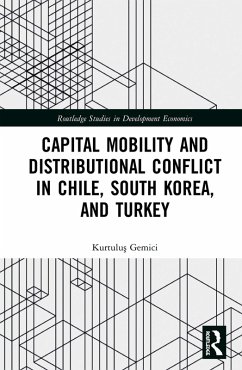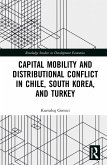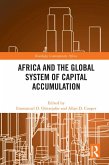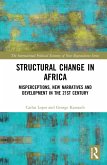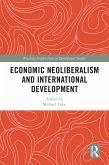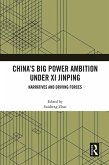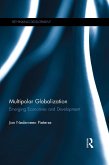In this book, Gemici shows that conflictual distributional relations significantly increase the likelihood of capital account liberalization. Through in-depth comparative case studies, he also demonstrates that countries which liberalize in the most comprehensive manner tend to be the countries characterized by a high degree of distributional conflict. The case studies - Argentina, Chile, South Korea , and Turkey - have been chosen to maximise variation in distributional relations and to escape regional clustering, showing quite different trajectories of capital account liberalization.
This will be of great interest to readers in sociology, international political economy and heterodox economics, as well as specialists in the countries examined.
Dieser Download kann aus rechtlichen Gründen nur mit Rechnungsadresse in A, B, BG, CY, CZ, D, DK, EW, E, FIN, F, GR, HR, H, IRL, I, LT, L, LR, M, NL, PL, P, R, S, SLO, SK ausgeliefert werden.

